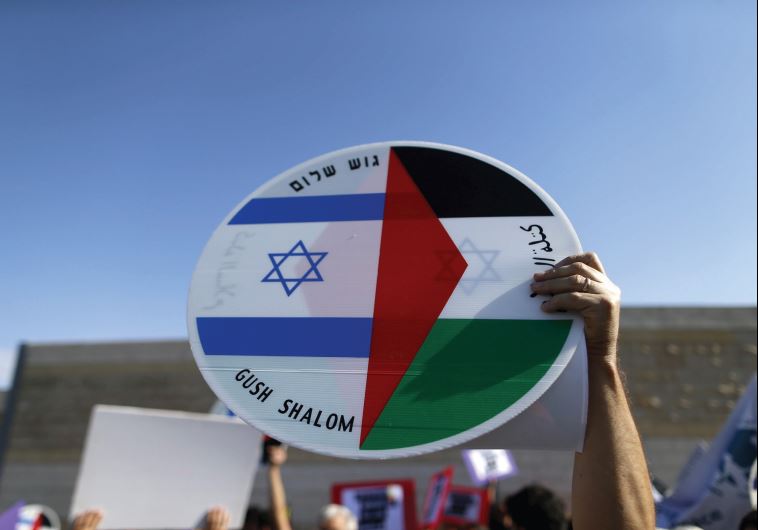Thinking the unthinkable: What if the Palestinian Arabs don’t want a state of their own?
Maybe, after all, the Palestinian Arabs prefer to be a central cause in international diplomacy rather than run the risk of becoming a marginal state?
 WHAT IF Palestinians don’t really want a state, asks the author.
WHAT IF Palestinians don’t really want a state, asks the author.